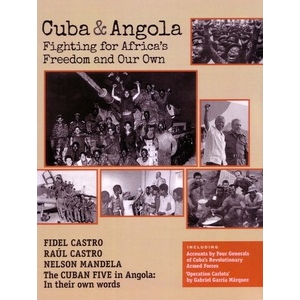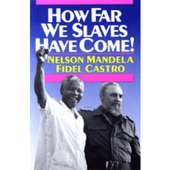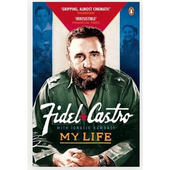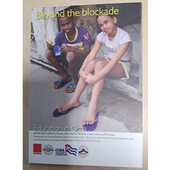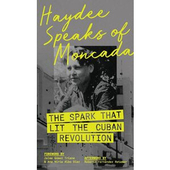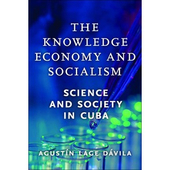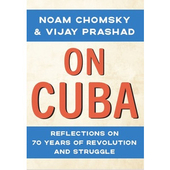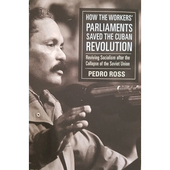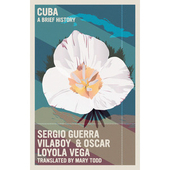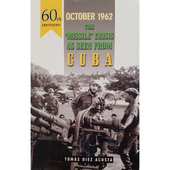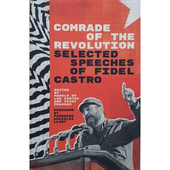If you have never really understood why Cubans ended up fighting in Angola or the significance of the definitive battle of Cuito Cuanavale, then this is the book for you.
It provides many perspectives on the war which lasted from 1975 to 1991, in which 375,000 Cuban volunteer soldiers participated. It includes speeches by Fidel and Raul Castro, interviews with four generals, reflections from two of the Miami Five who were in Angola, and contributions from Nelson Mandela and Gabriel Garcia Márquez, plus two useful maps.
It conveys powerfully the amazing military achievement of Cuba carrying out a solidarity war on the other side of the world for 15 long years. This involved not only soldiers but also 50,000 civilian volunteers: airline workers, merchant marine, teachers, doctors, builders, dock and forestry workers. Luanda, the capital, was a 15 hour flight from Havana, and all the troops, arms and even fuel had to be transported under the relentless harassment of the US, Two invasions by South Africa were repelled and Cubans not only held a 700 km line north of the Namibian border but also supported the defence of Cuito Cuanavale, deep in the forest, 200 km south east of the end of that line. This involved building an air base in seven weeks and maintaining a 10,000 km supply line.
Fidel’s involvement was crucial. He spoke of the cities, customs and people of Angola as if he had lived there all his life and used this detailed knowledge of Angola to brief all volunteers before they left, also explaining the political context, the arms available and the military strategy. He stressed the need to treat Angolans as brothers and that “We are a Latin-American nation and a Latin-African nation as well…African blood flows freely through our veins”.
One of the generals fighting in Angola said “Fidel knew the terrain of Angola better even than those of us who were over there.” Another said “Fidel directed the battle of Cuito Cuanavale as if he were in the forward command post in Angola. His direct participation was decisive.”
With the victory of Cuito Cuanavale Angola’s sovereignty was secured, Namibia’s independence won and the deepening struggle against apartheid in South Africa was boosted. As Mandela said in July 1991: “The decisive defeat of the apartheid aggressors broke the myth of the invincibility of the white oppressors!”
But the Cuban revolution was also strengthened. Cubans learned, first hand, colonialism’s cruelty towards the native population and the naked theft of their natural resources. Such life experience meant more than 100 classes from a manual on Marxism! Also, 375,000 Cubans got actual combat experience in Angola – something the Pentagon has to take into account.
Jan O’Malley
